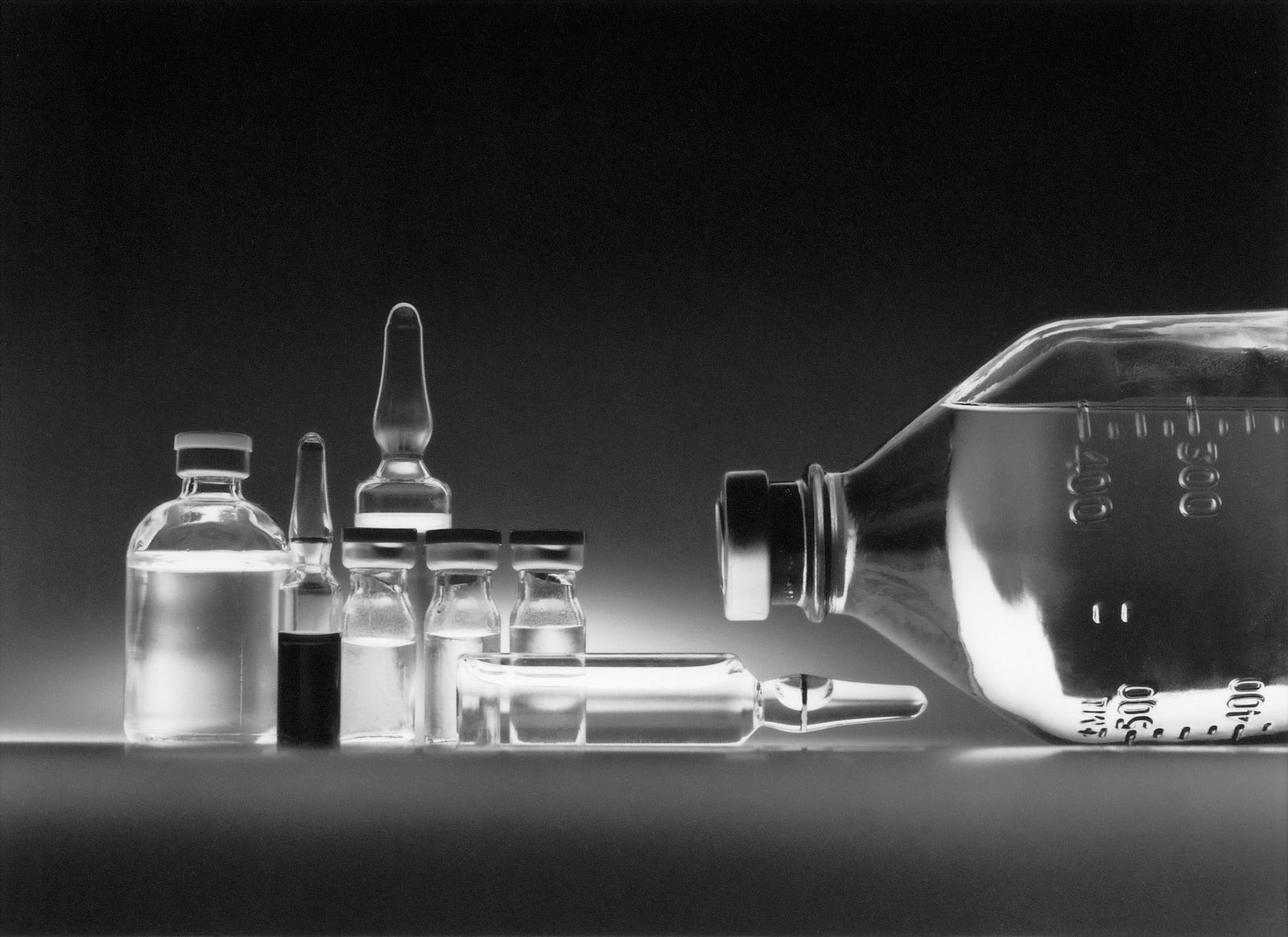WOMEN WITH DIFFUSE LARGE B-CELL LYMPHOMA had much better outcomes if they received chemotherapy in the afternoon compared with the morning. The timing of chemo delivery did not affect outcomes for men.
There has been a growing interest in treating cancer according to the body’s biological rhythms. Our daily rhythms are synchronized with the sun and coordinated by the circadian clock.
A brain region acts as a master biological clock. Beyond this master structure, a clock operates in each of the body’s cells. The master biological clock regulates sleep, body temperature, activity levels, and eating habits.
If we disrupt the circadian rhythm, our health can suffer, with an increased risk of depression, obesity, heart disease, diabetes, high blood pressure, and more.
The human body can think through thoughts, play the piano, kill germs, remove toxins, and make a baby all at once. Once it’s doing that, your biological rhythms mirror the universe’s symphony because you have circadian, seasonal, and tidal rhythms that mirror everything happening in the universe. — Michio Kaku
Chemotherapy timing affects outcomes.
For the current study, researchers investigated chronotherapy — drugs delivered at a specific time — among adults with a particular type of lymphoma, diffuse large B-cell subtype.
Researchers looked at two groups of patients, the first treated at 8:30 in the morning and the second at 2:30 in the afternoon. All patients received chemotherapy (a regimen called R-CHOP) four to six times at intervals of three weeks.

The subjects had a median age of 61 years (range 27 to 77), and roughly half had more advanced disease (stages III or IV). Here are the results at a median follow-up of 41 months:
Women who received chemotherapy mostly in the afternoon had significantly longer progression-free survival and overall survival than women treated in the afternoon. The mortality rates were 25 percent in the morning group and two percent in the afternoon cohort. The recurrence rates after five years were 37 versus 13 percent, favoring the afternoon group.
Afternoon patients have a better side effect profile
The doctors needed to reduce the chemotherapy dose intensity for the morning group of women, mostly because of infections and fevers associated with low white blood cell counts (neutropenic fever)
.The neutropenic fever rates for the morning and afternoon groups were 21 and 10 percent, respectively. The infection rate was 17 percent for the morning group, higher than the two percent rate for the afternoon cohort.
Into the future
The study authors are developing technology to estimate patients’ circadian clock from their sleep patterns. Such knowledge might allow patients to have individualized treatment schedules.
I look forward to seeing other studies to confirm the findings and whether chrono-chemotherapy has similar effects on other cancers.
The information I provided in this blog is for educational purposes only and does not substitute for professional medical advice. Please consult a medical professional or healthcare provider if you seek medical advice, diagnoses, or treatment. I am not liable for risks or issues associated with using or acting upon the information in this blog.
Thanks for reading “That’s Weird — How Chemo Timing Affects Outcomes.”




